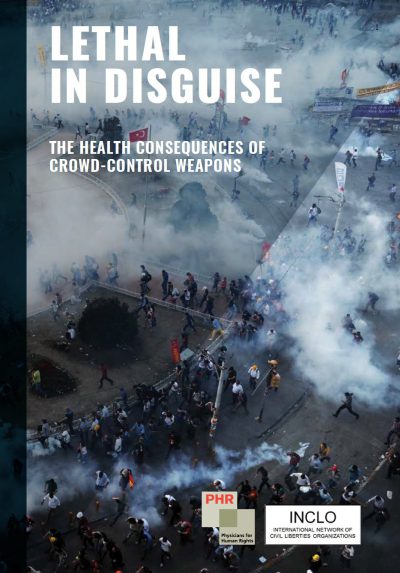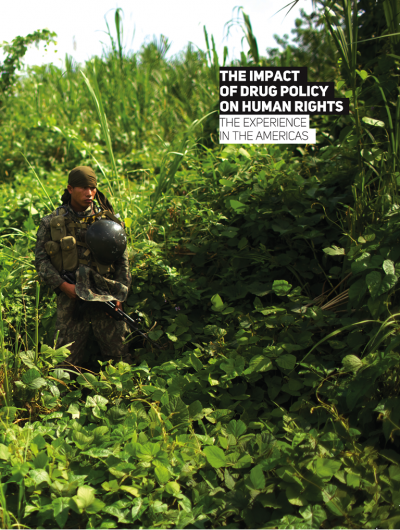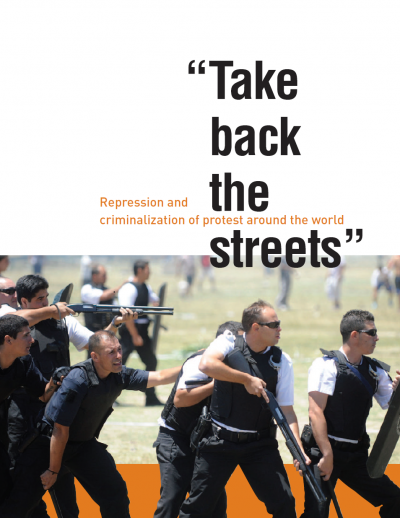Repression as policy: Violence, arbitrary detentions, and the use of dangerous weapons in Argentina
The mobilization outside Congress demanding a pension increase on March 12 was violently repressed in a large-scale operation involving five security forces. Security Minister Patricia Bullrich had warned in advance that there would be repression. Tear gas, rubber bullets, and arbitrary detentions marked a day in which the government justified its actions by invoking the narrative of an “attempted coup.”
Indigenous peoples: the state fails to meet its commitments and backslides in response to racist pressure
Despite having the right to ownership and possession of their ancestral territories, this right is not enforced nor are there policies in place to guarantee that Indigenous people can live out their lives in keeping with their identity. The progress made in recent decades has not been sufficient. State response is often couched in rhetoric and stigmatizing stereotypes. The growing number of complaints is linked to this historic debt.
“Argentina is responsible for widespread and persistent violations of the Convention against torture”
The UN Special Rapporteur on torture, upon concluding his visit to the country, said that detention conditions in provincial police stations and prisons “severely contravene international standards and are incompatible with human dignity.” He also denounced the “degrading” conditions in the Melchor Romero psychiatric hospital and police violence in low-income neighborhoods. At the same time, he urged the Argentine state to allocate “sufficient resources to ensure the timely processing and adjudication of the remaining cases and trials for crimes against humanity.”
Assassination of Marielle Franco: A message of terror that seeks impunity for military and security forces in Rio de Janeiro
The murder of Brazilian human rights defender Marielle Franco is an extremely grave incident that has caused concern in Argentina and throughout the region.
Lethal in Disguise: The Health Consequences of Crowd-Control Weapons
Autor/a: International Network of Civil Liberties Organizations (INCLO) and Physicians for Human Rights (PHR)
56 pgs.
ver más
The Impact of Drug Policy on Human Rights: The Experience in the Americas
Autor/a: CELS
68 pgs
ver más
Take Back the Streets: Repression and Criminalization of Protest around the World
Autor/a: ACLU, ACRI, CCLA, IEPR, HCLU, KHRC and Liberty
69 pgs.
ver más





